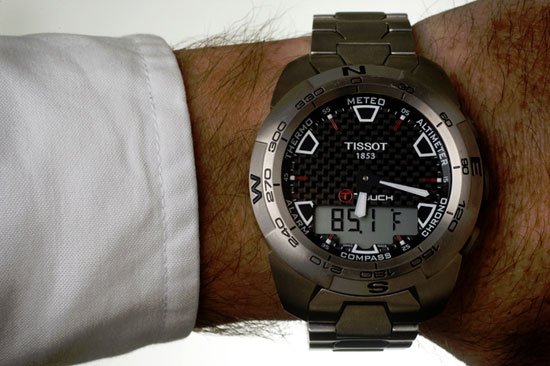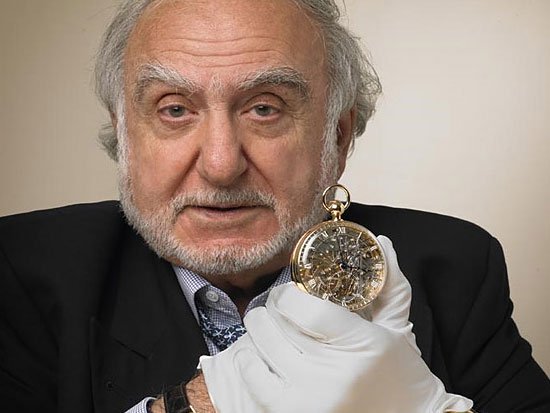
1 The first wristwatches were created at the beginning of the XIX century for Eugene Bogarne, but at that time the idea was not appreciated. At the end of the XIX century, because of the inconvenience of using a pocket watch in combat conditions, the military began wearing a wrist watch (the so-called trench clock), and the final recognition of wrist watches was received only at the beginning of the XX century. Currently, they are also used as an accessory due to the large proliferation of mobile phones.

2 If you take a ticking wrist watch in your teeth and shut your ears, then the tick will turn into strong, heavy blows - so much it will intensify.

3 More than 20 people are needed to make wristwatches

4 Typically, most of the manufacture of watch parts is made in Switzerland with the help of automated equipment and modern CNC machine tools. Only a few manufacturers, creating products worth tens of thousands of dollars or more, allow themselves to manually assemble the mechanisms, and even more so - to refine and polish each part of the clock manually.

5 The history of the Tissot brand dates back to 1853, when the father and son of Tissot founded a watch company in Le Locle in Switzerland. It was a small workshop in which the owners themselves worked. The increase in production occurred after a large order of pocket watches of the Imperial Court of Russia for Russian officers. Later, after the loss of this customer in connection with the revolution of 17, serial production was launched. The workshop provided the work of farmers-watchmakers. The latter brought the finished products in a few weeks to the family house of Cret-Vaillant. The watch was subjected to examination at TISSOT and put a sign that the watch met the criteria of the watch quality. Hours that did not meet these criteria were eliminated.

6 Since 1974, when Tissot sponsored motor racing in Le Mans, France, the company has repeatedly participated as an official partner or "keeper of time" in major sporting events, including Formula 1 races, World Mountain Bike Cup, World FIM Championships on motorcycle sport and others.

7 It is believed that the name of the Swiss swatch watch brand is derived from the phrase "Swiss Watch" (Swiss watch), but Nicholas George Hayek claimed that in fact the name came from the phrase "Second Watch", that is, the clock for each day as an affordable accessory.

8 To date, the world produces more than 1 billion clockwork per year. About 60% of them are in Japan. The most expensive watches are Swiss, therefore Swiss firms, inferior to Japanese in terms of the number of watches produced, are significantly ahead of their revenue.

9 Chopard's are the most expensive watches in the world. The total number of carats of diamonds is 201. Their value is $ 25 million.

- The younger brother of the Sultan of Brunei, Prince Jeffrey paid $ 5.2 million for 10 diamond-studded wristwatches.